The positive response to last week’s post on CDs inspired me to revisit some writing on a CD-adjacent topic…box sets. Though this essay is really about aging. I’m also making an audio edition free for everyone. To get the audio edition of every post, you can become a paid subscriber.
There's a type of music from the '70s and '80s that I've always categorized as "box set rock." This is a description that, for reasons I'll explain, could only have come about during a brief period around the turn of the century. And my use of the term, for reasons that will become clear, says a lot about music writing and appreciation at that time.
There's no singular sound to box set rock. Box set bands might be generally classified as classic rock, arena rock, soft rock, or maybe power pop. What's key is that their best years were behind them by the peak of the CD era in the late '90s and early 2000s. Instead of selling new albums of note in this time, they earned their money on reissues and repackaging, crafting compilation albums to cater to nostalgists and completists. Box set bands were important at one time, but their careers were stuck in little cardboard coffins behind the counter at Sam Goody by the time I started shopping for my own music, which happened to overlap with the years when CD sales were measured in the hundreds of millions. Some box set rockers were hitmakers. Some were underdogs with devoted fans. A few were neither, but had flirted with relevance and chart placement enough to have songs included in retrospective box sets, either of their own career or of a particular era.
The one musical aesthetic all box set bands share is accessibility. Their music has to have hooks that can be fully expressed in just a few seconds in order to catch a customer's ear as the music plays in a TV ad for the box set while the titles of songs scroll by. (These ads were once so ubiquitous they were regularly parodied.1 Then they faded away as MP3 downloading and CD burning made the format irrelevant and declining TV viewership made the business model obsolete. )
Box set rock can't be subtle—it has to evoke big, blatant emotions because box set rock is a commercial product sold on nostalgia. This nostalgia is not for a time, but for a feeling. Specifically, it's the feeling of being carefree and between 17 and 24 years-old, as remembered by someone who has spent every year since working in a job that pays well enough to allow them to spend three figures on music they owned on vinyl or tape already. Box set rock is about a mood. It's music that makes you pump your fist in recognition, turn up the volume, and lecture whoever is nearby about how great it is (and if they roll their eyes, they don't understand).
Often, box set rockers were still at it in the CD years. Members toured, either in a reunion concert, as solo acoustic acts in intimate clubs, or with a costly light show at cushy arenas (call it box seat rock). The joke about “here’s something from the new album” applies to box set rock. Bands might play some new songs, but fans bought tickets expecting a greatest hits revue.2
Box sets and tours were not the only ways to hear this music. Because it was popular, and because it appealed to people with disposable income, it was all over the radio. In my hometown at the rural edge of the St. Louis Metropolitan Area, the airwaves were full of box set bands. They were played nonstop on the classic rock stations and on the mix stations that spun the hits of the '70s, '80s, and today. Each music block on the adult contemporary stations would have one or two box set songs. By the time I graduated high school, a few bands I’d heard on the alternative rock station had entered their box set phase, too.
Because I listened to the radio and watched TV, I knew box set hits without ever trying to.3 The music is the ether my teenage mind moved through as it searched for something newer. Air Supply is aptly named.
It’s hard to appreciate something that’s so present. The music's ubiquity says it's important, but the sales pitch says it’s important to a previous generation. For serious (read, pretentious) music fans in the ‘90s and 2000s, past popularity and current accessibility worked against box set bands. Good music, cool critics in free weekly newspapers told us, was hard to find and often hard to listen to. It had bad words and mysterious sounds. In the case of music that relied on samples, it might even be illegal. This was the perfect music to listen to in headphones, and that's what I did as soon as I had the hardware to do so.
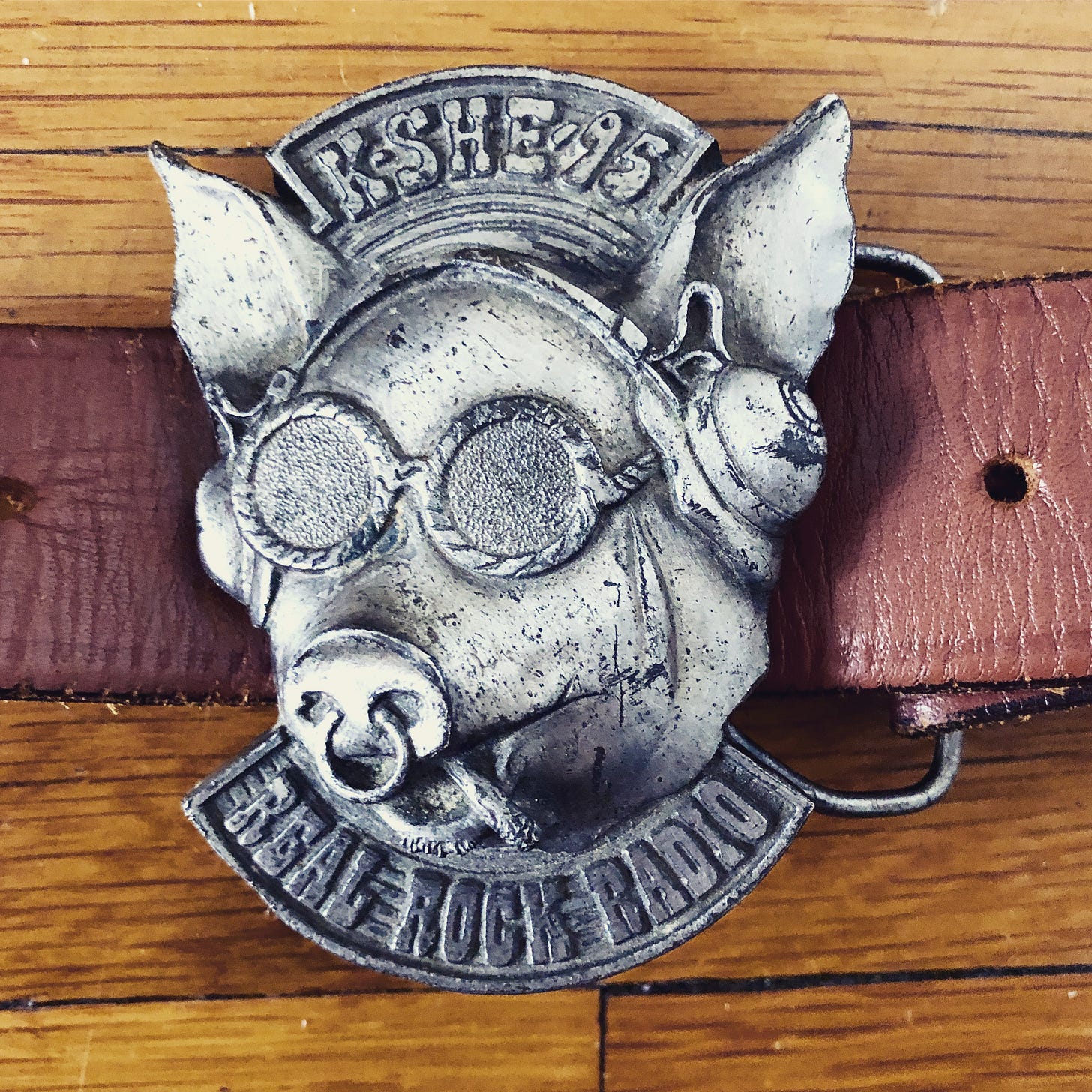
The snobbishness that turned me away from big, catchy, popular music eventually led me back to it. Years after abandoning broadcast playlists for iPod isolation, and shortly after moving into my own apartment, I started collecting records. In used shops, I dug for the deepest cuts the crates could carry, smugly passing by excess copies of hit records by bands I hadn't allowed myself to enjoy. In these dives, one artist kept surfacing: Paul McCartney. His solo albums were alternately filed under his own name as M, under W for Wings, or—in more chaotic shops—under B for Beatles. The rock snob columns lining the walls of my brain encouraged me to count post-Abbey Road Paul McCartney among the arena rock goofballs, sentimental cheeseballs, and other uncool spheroids in regular rotation on the FM dial. A McCartney record in my collection would look like an ironic statement at best and a crack in my facade at worst. But by the 50th time I flipped past a well-worn copy of McCartney II or Band On the Run, I had learned the problem with eschewing the popular when relying on resale: the things you think you want are accruing value in someone else’s collection while the massive hits lay in wait. This is how I eventually ended up with a copy of Paul and Linda McCartney’s album Ram (media near-mint, sleeve very good plus). It was free with a copy of Dennis Wilson’s Pacific Ocean Blue that I bought at a frustrating but understandable upcharge.
Ram grew on me quickly. The best songs (“Long Haired Lady”) had a tinge of experimentation. The silliest moments ("Admiral Halsey") had a lot of charm. I never really expected the record to be unpleasant, I just didn't think it would provide the challenge I was hoping for or the kind of deep cut I preferred to spend my money on (and that I preferred to have others know I knew about).
A few years later, with "Monkberry Moon Delight" firmly lodged in my brain, I started watching the new High Fidelity series. It was early in the pandemic and I was eager to experience anything close to the lazy afternoons I'd become used to spending in record stores. In a great scene midway through the season, Rob (Zoë Kravitz) stops a collector named Tim (Jeffrey Nordling) mid-mansplain to point out what year Wings Over America actually came out. Rob loves Wings Over America. Puzzling. My impression was that Wings Over America was the type of bloated live album that box set rock fans were drawn to, since it functions as both a greatest hits collection and a nostalgia trip to the time they smoked a joint on the floor of the Kingdome while Paul sang "Let Me Roll It." Not the type of thing a true aficionado would unironically enjoy (unless maybe it came on the radio during a long, late drive with a friend).
A few months later, I found and bought a used copy of Wings Over America (media mint, sleeve near mint). It is indeed all the things I imagined—and that's what makes it great. The album opens with a medley that includes a song about a rock show. Paul picks up the acoustic for a few Beatles hits on side three. It's earnest and soaring and the only thing easier than finding a used copy is listening to it. It’s not easy to write a hook that can hold a listener's attention for decades and bring back memories as it passes through tinny TV speakers in the next room, and Wings Over America has three LPs worth of hooks. As I play it now while I'm typing this, I imagine the song titles scrolling by.
My teenage self would be mortified by this. And I wonder if my change of heart means I've grown into a box set rocker? Age must have something to do with it, but age in the form of exhaustion (or wisdom, if I'm being charitable). There are times when I'm too tired to listen deeply to music that's going to shock my sensibilities and challenge my understanding of the very definitions of art every few minutes. I still appreciate the records I used to love, and heaven help my bank account the next time a Monks LP crosses my sight. I haven't lost an appreciation as much as I've gained understanding. It's an understanding of myself, my moods, and how music fits into life. I can’t give up on White Light/White Heat and Ornette Coleman's most provocative work, but I appreciate it more when I'm sitting in an otherwise quiet living room and paying attention, rather than mowing the lawn with iPod headphones turned up way too loud. When, as a teenager, I worried about losing my edge as I aged, I never considered the unpleasant alternative—becoming a 30-something dude explaining for the 100th time why the masses are wrong and dissonance is all that matters, actually (and convincing myself that anyone who rolls their eyes doesn't get it).
Thanks for reading. If you like essays on aging and angst, check out my latest for Together, Alone, on my obsession with TV character ages. As a bonus for those of you who got this far, I made a fake infomercial for the newsletter.
This post originally appeared in February 2022 as “Triple Live.”
A lot of these ads have ended up on YouTube. Some of the most memorable are for single-disc collections, not box sets (and not box set rock)—Pure Moods, Kidz Bop, Now That’s What I Call Music.
Box set rock is distinct from dad rock. I'm sure many dads who like dad rock own several box sets and often go to box set rock shows. And there is some overlap, but dad rock acts can—and often do—make new music that's just as popular with their fans and just as relevant to their careers as their early work. Wilco is a good example. Fans might go see Wilco and hope to hear "Monday" or "Heavy Metal Drummer," but the new stuff goes over well (even trying to name Wilco "hits" is tough—they have fan favorites, and these are two of mine).
And even though its name references its audience rather than its sound, dad rock is more sonically cohesive than box set rock. It's mid-tempo, guitar-driven, indie-ish, akin to what Barry (Jack Black) in the movie High Fidelity calls "old sad bastard music." Box set rock is more prone to soaring melodies and upbeat tunes. While I'm in this footnote, I'll add that jam bands are not box set rock either, though they share some qualities. I'll also say I really like Wilco, though I'm not a dad.


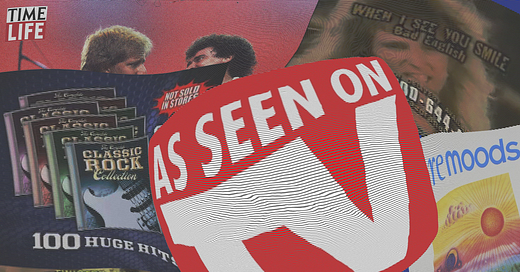
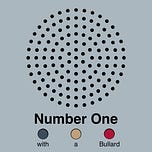




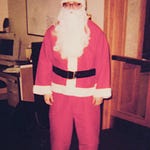

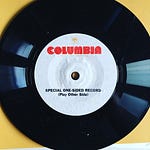

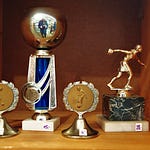


Share this post